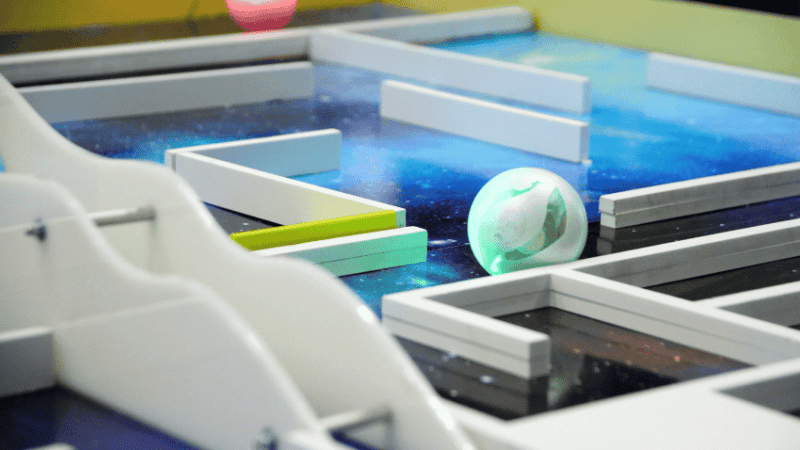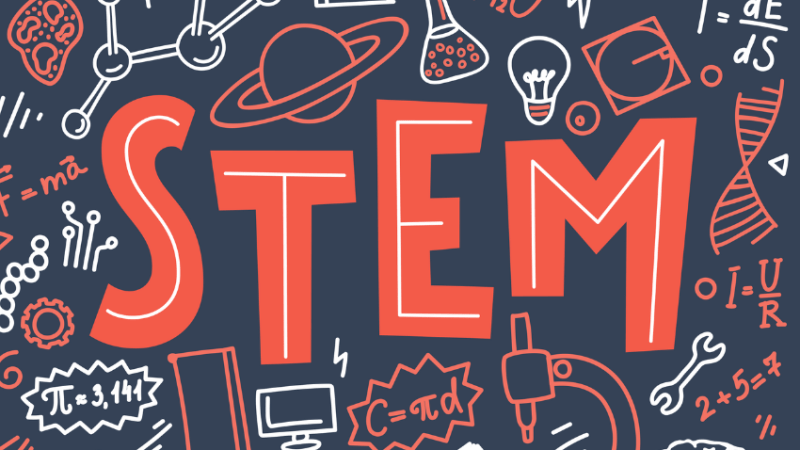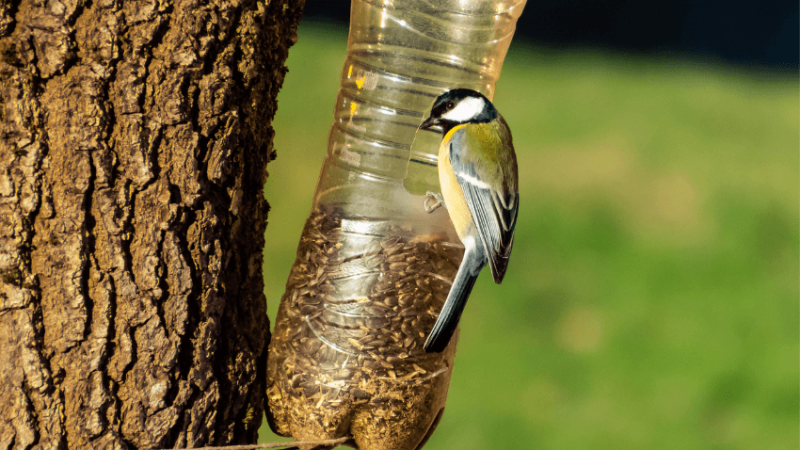Want To Engage Young People In STEM Subjects? You Need To Start Getting Personal
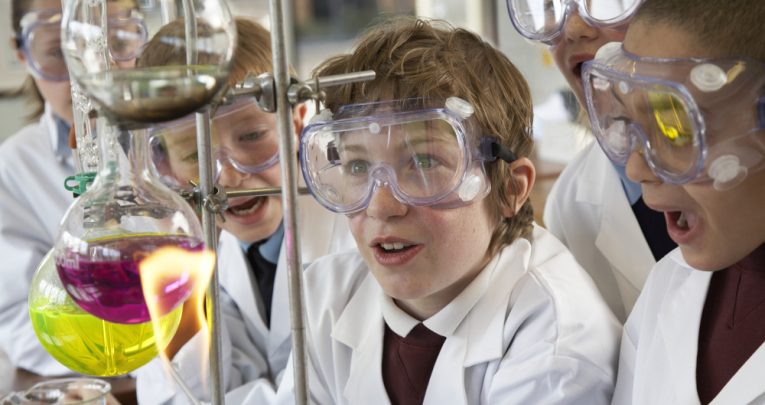
How to boost your students' science capital
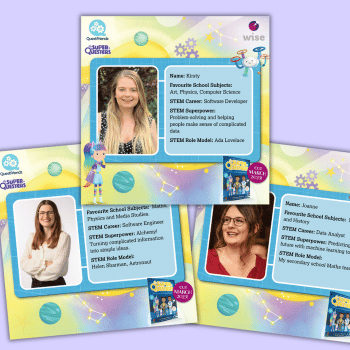
“It’s pretty useless, science, innit?” This was the view of fifteen-year-old Kyle and his friends when we visited an inner-city school in the north east of England earlier this year. As working-class boys who live on an estate in an area of social deprivation, they told us that science classes are ‘boring’ and unrelated to their lives.
These views illustrate a key problem facing science education: while policy makers and industry stakeholders worry about the STEM skills gap, teachers are faced with the unenviable challenge of engaging students with the often-abstract nature of science.
Science capital
Evidence from the Aspires project (a 10-year longitudinal study tracking the science and career aspirations of 30,000 10-18 year olds), has shown that many students find science interesting, but only a tiny proportion aspire to science careers.
The project’s in-depth student interviews indicated that many struggle to identify with STEM. Many factors play a role in shaping aspirations, but a key issue is how much ‘science capital’ a student has. Science capital can be divided into four areas:
- What you know (science qualifications and interests)
- What you think (science-related attitudes)
- What you do (whether you do science-related activities in your spare time)
- Social contacts (whether you know people in science-related careers)
Further research with 3,000 11-15 year olds found that students with high levels of science capital were significantly more likely to have a ‘science identity’ and plan to study science post-16.
These findings raised a key question: is it possible to build young people’s science capital? Accordingly, over four years we have collaborated with teachers in major cities to develop a new science capital teaching approach. Our data collection has involved classroom observations, student discussions, teacher interviews, workshops and journaling.
This approach, comprising different elements, essentially involves a shift in the mindset with which teachers approach the curricula. It does not involve new resources or additional tasks. One such shift involves personalising and localising science.
Why personalised and localised?
It is well-evidenced that children from socially advantaged backgrounds tend to have experiences that resonate with the ways of knowing required by formal education. In comparison, children from less privileged backgrounds are less able to find a fit between their upbringing and these abstract bodies of knowledge.
Contextualising science through world events and public debate can be helpful, but it’s not enough. Rather, teachers must find ways to personalise the content to their students’ lives and communities.
For example, one Year 11 revision session on the S=D/T formula saw our partner teacher frame the topic in this way: which local takeaway could they visit after school while still getting the bus home on time? By exploring STEM content related to their daily lives, the value of the S=D/T formula took on a more personal meaning.
Lightbulb moments
By striving to personalise and localise science learning, teachers have already reported an uptick in student engagement. Our analysis also suggests that this approach can boost career aspirations across science.
As teachers recount, relatable links are often a ‘lightbulb moment’ when students ‘suddenly sit up and engage’.
Related resources
Science capital as a concept has been explored in depth through Enterprising Science, a five-year partnership between BP, the Science Museum and King’s College London.
BP, as an industry stakeholder, wants to understand why there is a STEM skills gap in the UK and what can be done to close it. Findings from the Enterprising Science project have been used to inform the development of Where’s the Science in That?, a new BP Educational Service teaching resource which helps young people to personalise their science learning by exploring the everyday science found in familiar environments.
To find out more about free resources from the BP Educational Service, visit bp.com/bpes.
Prof. Louise Archer is Karl Mannheim Professor of Sociology of Education at University College London, Institute of Education. She is director of the Enterprising Science project.
Dr. Heather King is a Research Associate at King’s College London. She is deputy director of the Enterprising Science project.
For more details about the authors’ work and to download and access project publications, videos and animations, visit: kcl.ac.uk/enterprisingscience Enterprising Science project team members are: Dr. Jennifer DeWitt, Dr Spela Godec, Dr. Ada Mau, Dr. Effrosyni Nomikou.
Read more about women in STEM.






